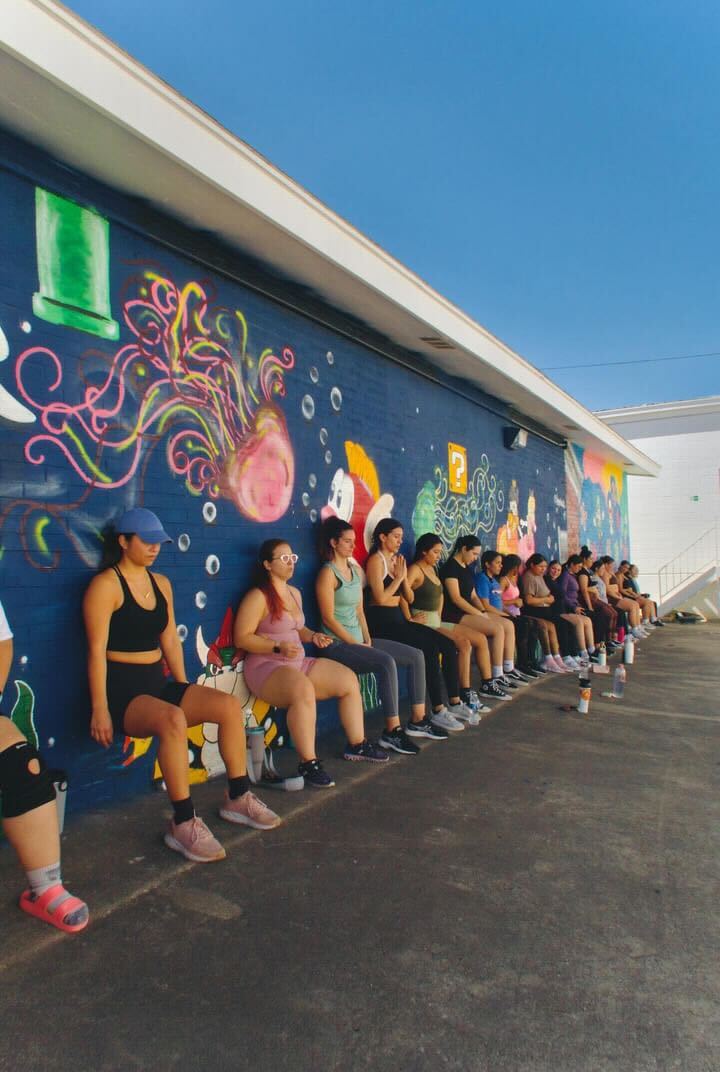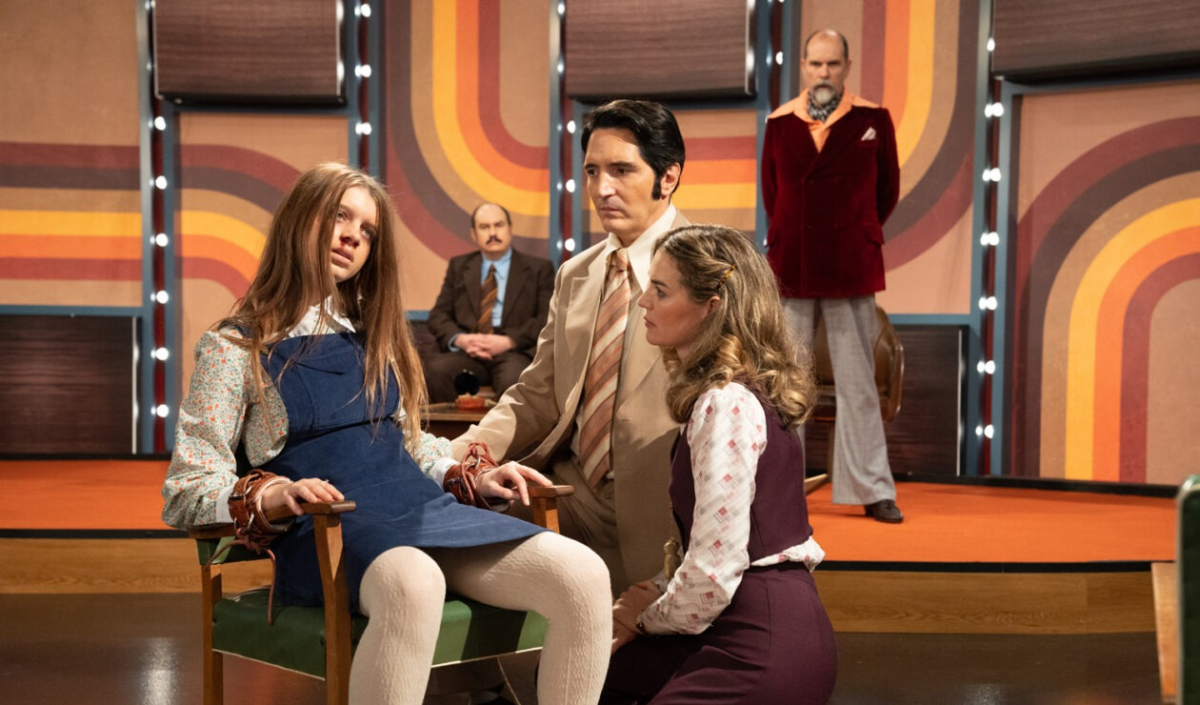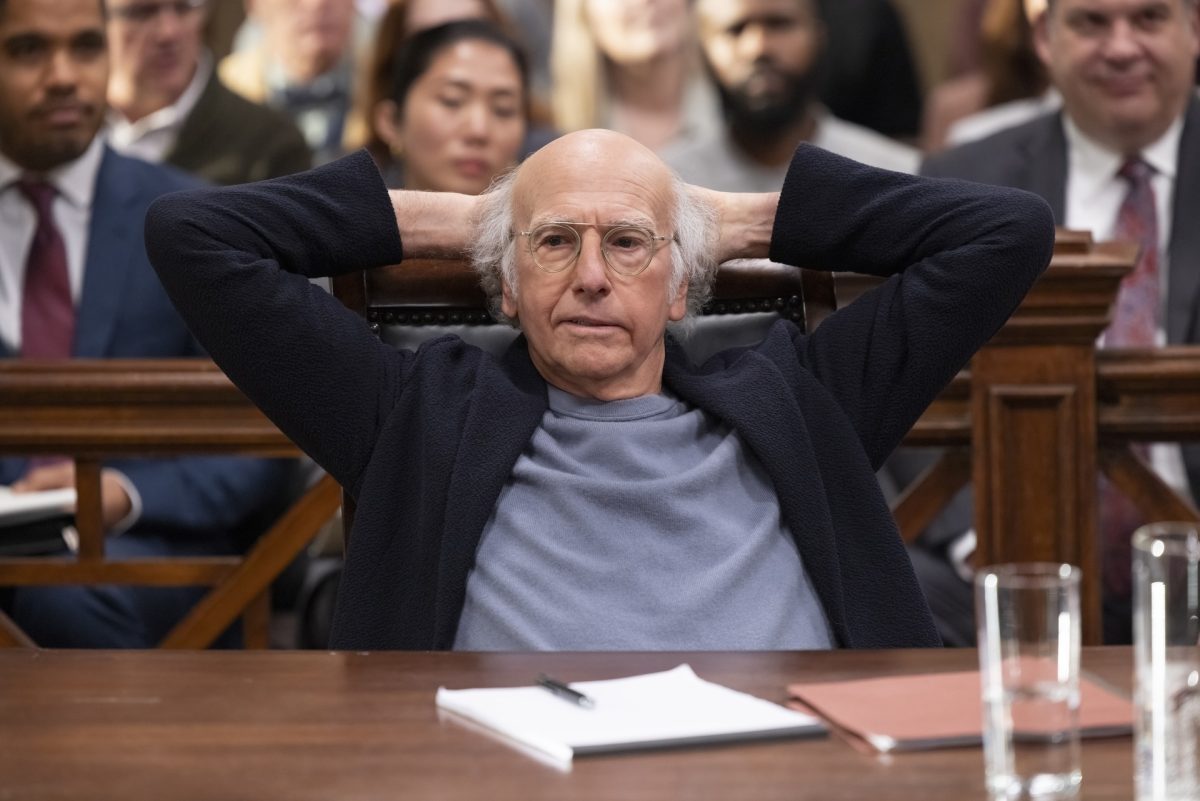Nearly 100 people of all ages gathered in somber remembrance at the Avaya Auditorium in the Peter O’Donnell Jr. building to watch “Who Will Write Our History,” a dramatized documentary about a secret group of Jews whose pen was mightier than the sword in their fight against Nazi propaganda.
The film screening, held on the 74th anniversary of Auschwitz’s liberation, was part of a global event to commemorate the millions of lives lost during the Holocaust. Tatjana Lichtenstein, director of UT’s Schusterman’s Center for Jewish Studies, hosted the event this past Sunday. The film was screened globally in locations such as Santa Fe and Ghana.
Films such as “Who Will Write Our History” are intended to carry on the Holocaust’s legacy to a generation that doesn’t know much about it. According to a recent study by the Conference on Jewish Material Claims Against Germany, 41 percent of poll respondents and 66 percent of millennials in the U.S. could not identify Auschwitz as a concentration camp. Twenty-two percent of millennials haven’t heard of the Holocaust.
Lichtenstein said Holocaust education is crucial in pushing back against this wave of ignorance and serves to honor those who have passed.
“What is so important about this film is that the German intent was to silence and eradicate,” Lichtenstein said. “By seeing these accounts, you’re allowing the voices to come forward and you give the anonymous victims what they had, which was a name, a life and thoughts.”
Lichtenstein said the problem with these films is how they omit stories of Jewish victims abandoning their humanity to survive. A diary entry of a young man’s father who stole food from his wife and family out of hunger is one such example.
“If we want to understand the Holocaust as a historical event, we need to look at it as whole and as factual as possible,” Lichtenstein said. “We have to focus on ways it destroys people’s humanity as well.”
But as much as reading texts and watching films demonstrates how their humanity was demolished, Jewish studies freshman Zachary Denn said visiting death camps in Poland made it more real.
“(During the trip) we went to Majdanek and we saw a football field worth of people’s ashes who were killed and burned in the camp,” Denn said. “We also went inside gas chambers, where we saw scratch marks on the brick walls from people who were trying to escape.”
Despite overwhelming detailed accounts, Lichtenstein said some choose to deny the existence of this major historical event. Deeply rooted in her Jewish identity, public health sophomore Sophia Cantor said such denials only make the Jewish community more determined to speak out.
“It’s mainly rooted in anti-Semitism,” Cantor said. “But the bond (in the Jewish community) is strengthened when anti-Semitism is brought up. I think the fact that our community has such a painful event that happened in history gives us strength when smaller acts of anti-Semitism happen today.”
Other than remembering the lives of those lost, Lichtenstein said studying historical accounts reveals much about our society today.
“It’s helped me see how people respond to injustices in their society mostly with indifference,” Lichtenstein said. “Many things can happen during our everyday lives in Austin (related to) deprivation and suffering that we don’t pay attention to at all.”





















